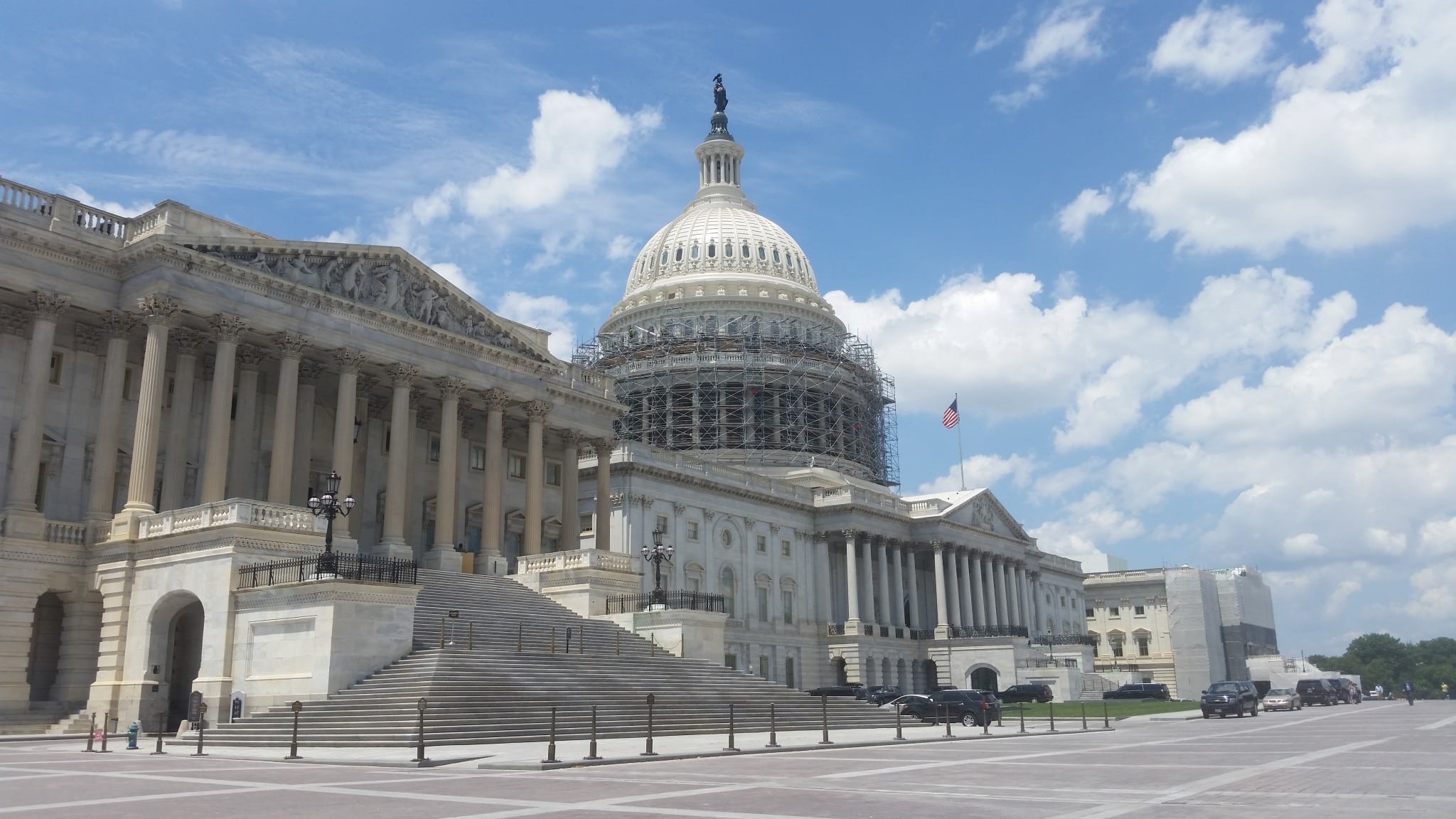
With just weeks remaining in the 114th Congress, negotiators on the Energy Policy Modernization Act conference committee continue to dance around compromise. House negotiators on Friday received a new proposed conference draft from their Senate counterparts, according to a Senate Energy and Natural Resources Committee press release.
Senate negotiators mulled over a House proposal through the holiday week, then sent back their own offer “that restores a host of provisions that the House was prepared to drop—including those related to [liquefied natural gas] exports, sportsmen’s, the Land & Water Conservation Fund, hydropower, natural gas pipelines, manufacturing, innovation, carbon benefits of biomass, and critical minerals,” according to a joint statement from committee Chairwoman Lisa Murkowski (R-Alaska) and Ranking Member Maria Cantwell (D-Wash.).
Further details of the competing versions of the bill were not immediately available, according to a committee spokesman.
The two senators, who worked closely to produce the bill introduced in the upper chamber in September 2015, said they remain hopeful the legislation could be sent to President Barack Obama by the end of the year. “While neither of us supports every provision in this proposal, it is the result of good faith bipartisan negotiations, it encompasses the broad range of work that can be completed this year, and it balances competing preferences for energy and resource policy that will remain just as strong in the next Congress. We encourage our House colleagues to seize this opportunity to complete a good bill that we can send to the president’s desk before Congress adjourns,” they wrote.
The bipartisanship of the Senate version of the bill was quickly abandoned when it was sent to the House, where lawmakers slapped on amendments sure to garner a White House veto. That shift to the right led negotiators in the Senate to dig in their heels, refusing to go to conference until their House counterparts had agreed to drop the controversial language. House Republicans in July agreed to support a final conference report that does not risk veto.
The House conference draft proposal, according to a joint statement from Energy and Commerce Committee Chairman Fred Upton (R-Mich.) and Natural Resources Committee Chairman Rob Bishop (R-Utah), “reflects policies that represent the current bipartisan consensus in the House.”
The bill aims to save energy, expand domestic energy supplies, enable infrastructure investment, protect the electric grid, boost energy trade, improve the performance of federal agencies, and renew effective conservation programs.
The 114th Congress will formally end on Jan. 3, 2017, though both chambers will be in recess beginning on Dec. 19.